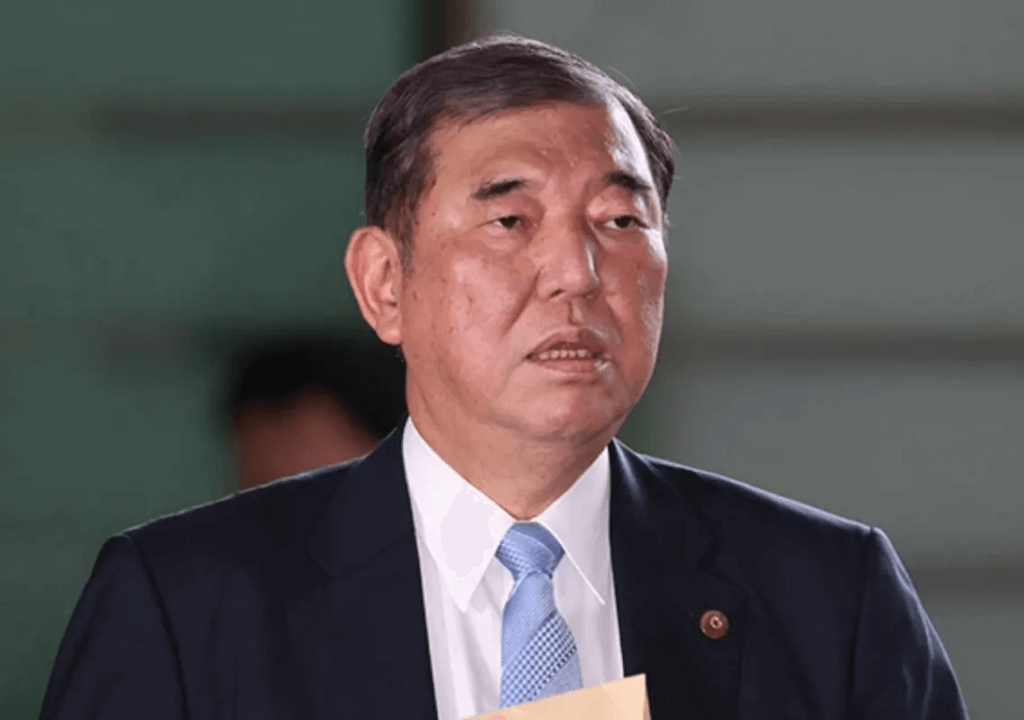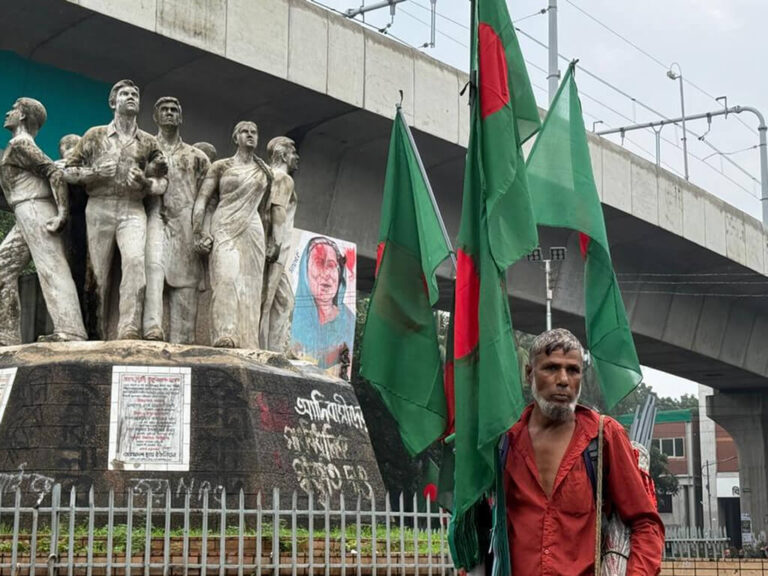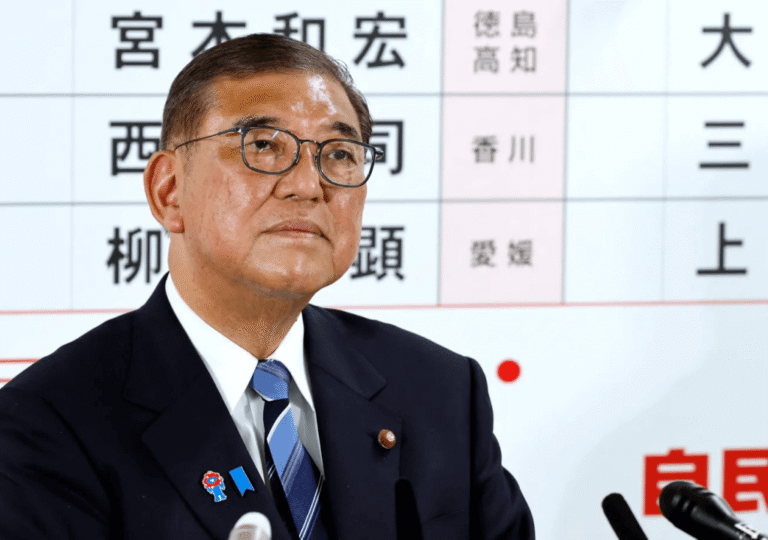While Japan struggles economically and demographically, its politicians steer the country into another round of instability. Last month, a new prime minister, Shigeru Ishiba, took office but quickly decided to hold an election to solidify his position and introduce a fresh government distinct from that of his predecessor, Fumio Kishida, who stepped down amid low approval ratings and scandals. However, Ishiba’s strategy backfired as voters dealt a significant blow to both his party and its coalition partner, resulting in their lowest combined seat count since 2009. Intriguingly, for the first time since 1955, no single party surpassed the 200-seat mark in the 465-member parliament. Now, Prime Minister Shigeru Ishiba and the ruling Liberal Democratic Party (LDP) must secure new allies from opposition groups as they prepare to face a formidable opposition bloc in parliament, complicating the path forward for the conservative yet nominally liberal Liberal Democratic Party.
On October 27, Japan held its 50th general election for the House of Representatives following Prime Minister Shigeru Ishiba’s decision to dissolve the lower house. Voters cast their ballots for 465 assembly seats, including both single-member constituencies and proportional representation seats. In the previous assembly, the Liberal Democratic Party (LDP) maintained a clear majority with 259 out of 465 seats. However, Ishiba’s gamble on early elections ended in disappointment. The LDP, recognized as Japan’s ‘grand old party’ and a proponent of nationalism and conservatism, suffered a major setback, losing 68 seats and falling to 191—45 seats short of a majority.
The LDP’s ally and the fourth-largest party, the Buddhist-nationalist Komeito, also saw its seat count drop from 32 to 24. Meanwhile, the main opposition party, the Constitutional Democratic Party of Japan (CDP), led by Yoshihiko Noda, rose significantly from 96 to 149 seats. This substantial gain reflects the prevailing anti-LDP sentiment and other factors, yet the CDP could not surpass the LDP’s total seat count. The right-wing populist and economically liberal Nippon Ishin no Kai secured 38 seats, becoming the third-largest party. Another notable outcome emerged as the conservative Democratic Party for the People (DPP) climbed to fourth place by winning 28 seats, an increase of 17 from the previous election, displacing Komeito.
The LDP and Komeito alliance needs 18 seats to form the government. Eleven political parties won seats in the parliament, along with 12 independent candidates. Even if all the independents supported the government, the LDP coalition would still fall short by 6 seats. Therefore, they need the support of political parties. Analysts expect that the LDP will talk with other conservative parties in the parliament to form a multi-party government aligned with common minimum programs. Both the DPP and Ishin have ruled out joining an LDP-Komeito government for now because they understand the public’s discontent with the current administration. However, many believe they will eventually agree to a coalition. The chances for the CDP, the main opposition party, to form a government are slim, as they cannot create a coalition with other parties that hold very different views, many of which are conservative. The number of communist and liberal parties is also very low.
Major newspapers in Japan, including Sankei Shimbun, Yomiuri Shimbun, and Asahi Shimbun, all ran editorials in their morning editions calling for Ishiba to step down as prime minister, emphasizing the need to understand the people’s mandate. Nevertheless, he insists that he will continue. So it is clear that Shigeru Ishiba and the LDP will form a government with compromises.
Many political and economic analysts believe that the downfall of Japan results from its politics as well. Each term filled itself with incidents. Besides Shinzo Abe, Japan has not had any strong government or leadership recently. After Abe, the country witnessed more turmoil in Japanese politics, and now Ishiba’s gamble creates even more chances for political upheaval. However, he is experienced, and optimists expect that increasing tensions with North Korea and China will lead to cooperation among politicians.
The upcoming Ishiba government will face numerous internal problems too, from the need for corruption-free governance to deep demographic challenges, presenting a host of issues for the administration. It will be interesting to see how he leads the country through these issues with the coalition government.








